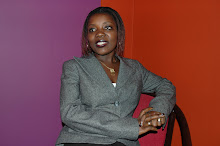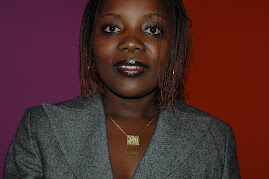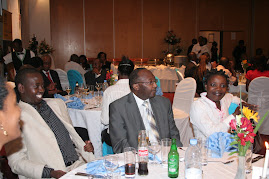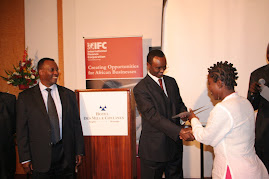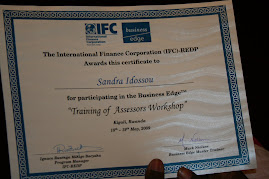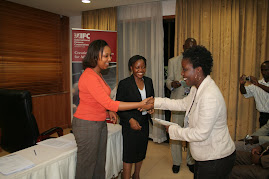
CUSTOMER CARE: Knowledge is PowerBy Sandra idossou
“Knowledge is power” was originally said by Francis Bacon, an English philosopher, statesman, scientist, lawyer, jurist and an author.
This quote implies that with knowledge or education one’s potential or abilities in life will certainly increase. This quote has always taught me that knowledge is the only way to upgrade one’s performance.
I have always known the power of reading and its implication on one’s knowledge. Reading opens up one’s mind and horizons. Reading is the surest way of getting more knowledge on things I do not know. Have you heard of this proverb which says that you should “Beware of the man of one book?”
It is possible that in the quote above, Bacon was paraphrasing Proverbs 24:5: “A wise man has great power, and a man of knowledge increases strength.”
As a trainer; I know the power of knowledge. I often see the excitement on the faces of participants after attending training sessions. They get rejuvenated, they seem new, they understand better what is expected of them and above all they feel empowered.
Definitely customer service still remains a big challenge in Rwanda both in the public and private institutions. According to a research body here in Rwanda, the country’s GDP could increase to $40 million by 2012 if service delivery is improved.
This is a fact. If service providers improve on their systems and their ways of treating customers, they will see a real positive impact on their business.
Service is all about dealing with customers. It boils down to the attitude of the staff. We all know that the state of professionalism of people in the service industry here is just undergoing development and the skills gap in the country is so high.
But should we just sit and complain about the lack of skills of service people? Should we comfort ourselves into thinking that good service is not possible in Rwanda?
Are we just waiting for a miracle to happen? Should we continue thinking that service improvement is a sole responsibility of government?
Good service delivery is achievable here too. Simply put, we can reach the level of service we are expecting if we help service providers by educating and sensitizing them on its importance for their businesses.
In order to participate in giving the necessary knowledge to service people here, an educative magazine, “The Service Mag” has just been launched. It published in English with some articles in French and Kinyarwanda.
It’s simple, colorful and also has an interactive website. It’s been done by a team of people from 11 different countries.
Because of wanting to encourage reading, the magazines are given freely to people - at least for the first editions. The magazines are free because they have actually been sponsored by local companies in Rwanda.
Educating service people is part of our social corporate responsibilities as companies. Changing mindset and attitude is a collective responsibility.
Just check on www.theservicemag.com and get yourself updated on what is expected on you as a service provider. Learn ways of improving your services. Learn how to “wow” your customers. Learn how to satisfy your customers and grow your business.
This is probably time to call on for more sponsorships of the magazine from all organizations both private and public. In the future; the magazine plans to become bi-monthly, circulating 8,000 copies with many more educational articles.
Let’s not just sit and complain. Let’s take actions now. Let’s all sustain the project of educating both service providers and customers.
Erasmus, a Dutch Renaissance humanist and a famous theologian says that “The main hope of a nation lies in the proper education of its youth”. If we want service delivery to change in Rwanda; we need to educate the youth now.
John Fitzgerald Kennedy also says that “In a time of turbulence and change, it is more true than ever that knowledge is power”. In today’s economic turbulence; this is the right time to educate service people.
The Motto of The Service Mag is “Knowledge Is Power”. So let’s all be part of the education process and get the people of this country soar through customer service, as they have done elsewhere.
The author is a customer service consultant working in Rwanda










